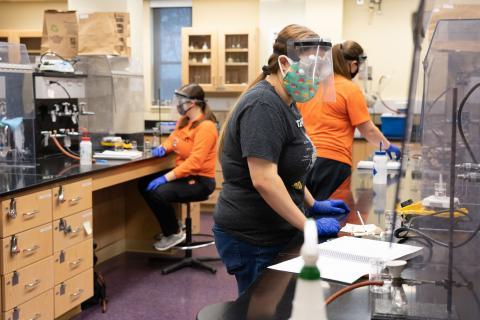Pharmacists do more than just fill prescriptions. Their responsibilities can change depending on whether they work at a retail pharmacy, hospital, or in another setting. Some pharmacists also own their own pharmacies and have additional business management responsibilities. Other job duties might include giving vaccinations, educating customers about their medications, overseeing pharmacy techs and aids, working with insurance companies, and working with other health care providers to determine the best medication course for a customer.
Depending upon your interests, you could spend as little as six years in postsecondary education, or as many as 13, including time spent in residency and on fellowship. To become a licensed pharmacist, you'll need to earn a Doctor of Pharmacy degree (Pharm.D) from an accredited program and pass the You'll need to pass the Pharmacy College Admission Test (PCAT) in order to enroll.
For more information visit the American Pharmacists Association website.
